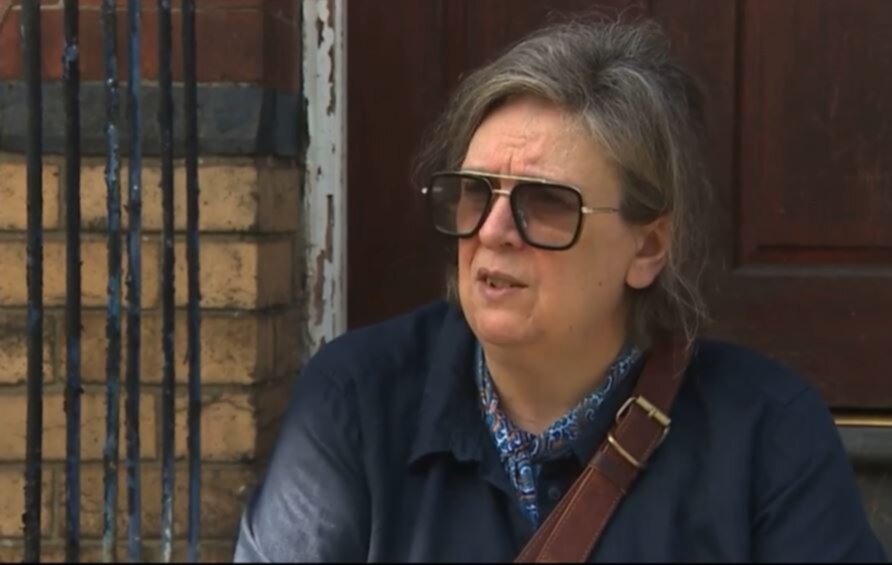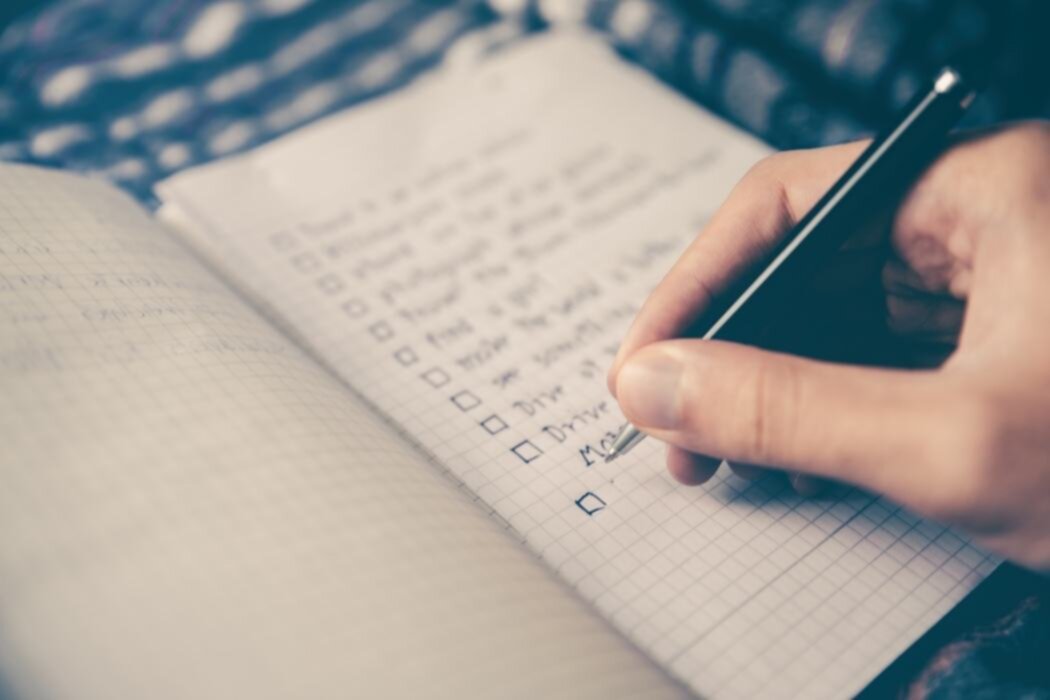If you’re here, you might be worried about how much you’re drinking.
There are lots of different ways in which alcohol can be a problem for someone, and it is not necessary to drink on a daily basis for alcohol to be a problem.
Drinking can be considered on a sliding scale. It may be causing no problems whatsoever, you drink moderately and are in control of your drinking; to drinking more than you ought to but still, it’s not really impacting your life; to having a drink to cope with painful or disturbing situations; to binge drinking; to alcohol completely wrecking your life.
If alcohol is causing bad things to happen in your life (even if it’s just everyone else telling you that you’re drinking too much), then it is causing a problem for you. Whatever the size of the problem, it is a problem you can overcome. You don’t have to deal with things alone.
Go through the following 30 statements and tick the ones that apply to you. Try to be honest, and if you’re not sure – tick yes. It’s easy to minimise problems and believe things aren’t as bad as they are.
- An increased tolerance to alcohol (having to drink more to get the same effect)
- Blackouts (not passing out, but an inability to remember what you’ve done).
- Hiding alcohol
- Pretending you’re drinking less than you are
- Pre-occupation with drinking alcohol (Framing your day around having a drink, and being aware of when you’ll have your next one)
- Hurriedly consuming alcohol
- Avoiding talking about your alcohol use
- Loss of memory is becoming more frequent
- Loss of control which results in you doing things you regret the morning after
- Using alibis and excuses to justify your reasons for drinking
- Important people in your life say they would like you to drink less
- Feeling that everyone else is always going on about your alcohol use and wishing they’d leave you alone
- Getting verbally or physically aggressive
- Persistent remorse – feeling guilty, ashamed and/or depressed
- Periodic abstinence – trying to stop and managing it for a short period of time but then returning to it
- Change in drinking pattern – attempts to control use, changing brands/strengths/or the time you start
- Impact on relationships – your old friendship group, family don’t invite you out as much
- Loss of employment
- Loss of social status and your place within the family
- Your loved ones change their habits or routines to avoid you
- You’re resentful
- You want to escape (move away, change friends, make a new start)
- You protect your supply
- Drinking alcohol in the morning
- Using alcohol for more than 18 hours in one go/having binges
- Not being true to yourself and your values
- You can’t do routine tasks without using alcohol first
- You have tremors or the shakes
The more times you answer ‘yes’ the more of a problem alcohol is for you. The first step to dealing with an alcohol problem is admitting you have one.
You’re not alone. Thousands of people struggle with alcohol, and thousands of people overcome their problem and learn to manage their alcohol use.
Now you’ve considered some of your problem indicators, now let’s look at your reasons why alcohol might be a problem for you, and what you could get out of making a change.
Something to think about: You’ve put a lot of effort into your drinking, therefore, you’re going to have to put effort into changing this. The changes will be worthwhile in the end.
Grab a pen and paper…
- Jot down what you like about drinking
- Jot down what you don’t like about drinking
- Make notes of some of the bad things that have happened to you because of your alcohol use. This could be one event that caused lots of problems, e.g. getting arrested, or on-going problems such as arguments and financial difficulties.
- Make notes about what you think you could gain from reducing alcohol. This may be personal things such as improved relationships, emotional things such as feeling better about yourself and/or physical things like having better health.
Alcohol in large quantities is toxic to the body. There are two ways to damage your body through alcohol use:
- Drinking lots of alcohol in one go, known as ‘binge drinking’
- Drinking high levels of alcohol over a longer period of time
The government recommends that we drink no more than 14 units a week. The UK’s unhealthy relationship with alcohol can make sticking to this guidance very difficult.
It is recommended that you have at least two days off from alcohol in a week.
Example of safe levels of drinking:
- Monday- Day off.
- Tuesday – 1 glass (125ml) of wine (12%) = 1.5 units.
- Wednesday – 2 x 440ml cans of Carling larger (4.1%) = 3.5 units.
- Thursday – Day off.
- Friday – Day off.
- Saturday – 2 gin (25ml) and tonics = 2 units.
- Sunday – 3 small (125ml) glasses of wine (12%) = 4.5 units.
Total units = 11.5 units`
Practicing controlled drinking, with the support of a drug and alcohol agency like Kaleidoscope, could be right for you if:
- You have decided that you drink too much alcohol
- Drinking alcohol is affecting your relationships
- Drinking alcohol is affecting your mood or how you feel about yourself
- Drinking alcohol is affecting your health
- Drinking alcohol is affecting your work
- Drinking alcohol is affecting your finances
- You feel you’ve had enough and want to make positive changes in your life
Practicing controlled drinking is NOT for you if:
- You think you may be physically dependent on alcohol
- You’re pregnant or planning a pregnancy
- You’re taking medication that shouldn’t be mixed with alcohol
- You shouldn’t drink alcohol for medical reasons
If you’re not sure what treatment is best for you, have a chat with an alcohol worker or your GP before making any major changes to your drinking.

"It was a slippery slope. Before I knew it I was relying on alcohol to feel I belonged – to be outgoing, funny, one of the lads – it just got worse from there."
Champion Boxer Russell was getting hurt fighting for money just to fund his addiction - but now he's turned his life around and is helping others to do the same.
Read more
"I’ll miss booze but I know I can never go back now. I’d tell anyone struggling with alcohol use to focus on the great things in their life."
Kathleen from Newport had always enjoyed a drink, but lockdown led her down a slippery slope that saw her hospitalised and unable to walk. Now four months free from alcohol, Kathleen looks back on an incredibly challenging year.
Read more
"We were gigging two or three nights a week, so you were up all night three or four times every week. We partied way, way too much."
With Kaleidoscope’s services in Wales receiving just 30% of new alcohol referrals compared with the same time last year, Tim lends his voice to our Time to Brew campaign, to let people know we’re still here despite lockdown.
Read moreWant to find alcohol support in your area?
Find a service






